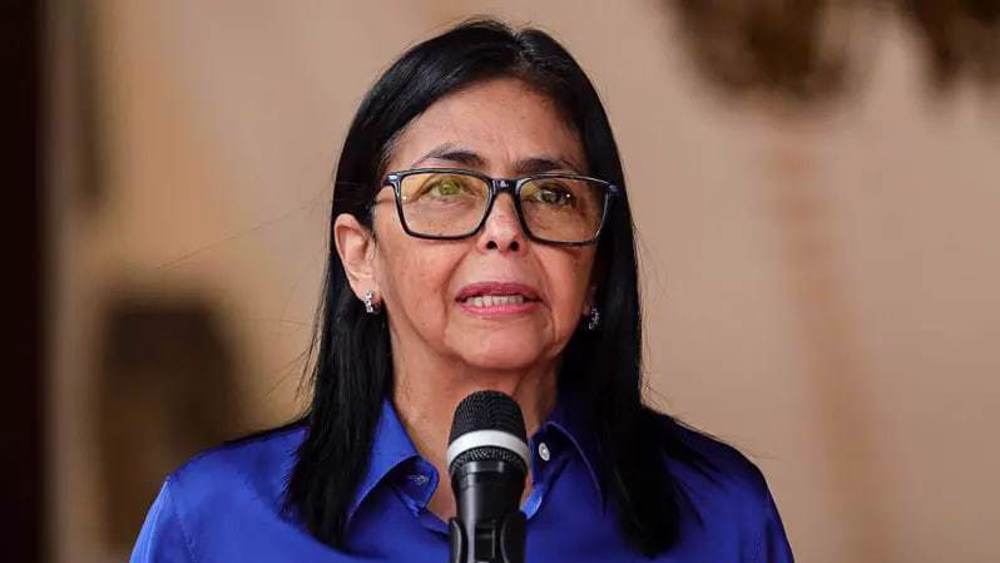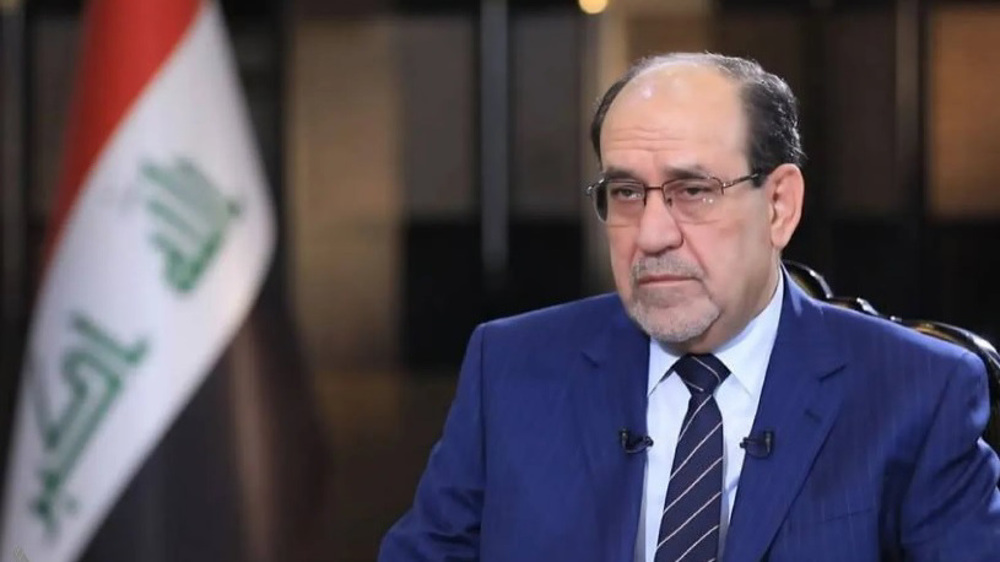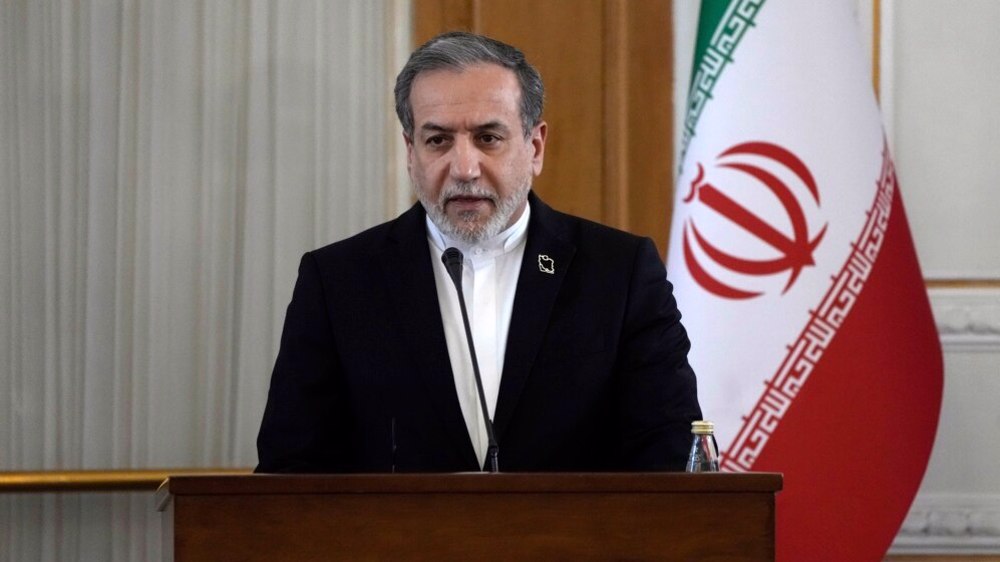Obama, Abe hold historic meeting at Pearl Harbor
Outgoing US President Barack Obama and Japanese Prime Minister Shinzo Abe have marked the 75th anniversary of a deadly attack on a US naval base, which gave Washington the pretext to enter World War II.
The two counterparts, attending a wreath-laying ceremony on Tuesday, paid tribute to the victims of the attack in a memorial site at Pearl Harbor in the US state of Hawaii.
Obama said in his address that the Japanese premier’s visit to the site showed the power of reconciliation, also hailing the Washington-Tokyo alliance as very strong.
“The United States and Japan chose friendship and they chose peace. Over the decades our alliance has made both of our nations more successful, it has helped underwrite an international order that has prevented another world war and that has lifted more than a billion people out of extreme poverty,” Obama said.
"Today, the alliance between the United States and Japan, bound not only by shared interests but also rooted in common values, stands as the cornerstone of peace and civility in the Asian-Pacific and a force for progress around the globe, our alliance has never been stronger. In good times and in bad, we're there for each other," he added.
Japan attacked the American military base, Pearl Harbor, on December 7, 1941, which resulted in the death of over 2,300 American servicemen. All eight US battleships at the base were wrecked and four of them sank. The assault marked the United States’ entrance into the war.

As was expected, Abe declined to apologize in the Tuesday ceremony and for his part spoke about paying homage to what happened at Pearl Harbor, calling it a "symbol of reconciliation."
"It is my wish that our Japanese children, and President Obama, your American children, and indeed their children and grandchildren, and people all around the world, will continue to remember Pearl Harbor as the symbol of reconciliation," Abe said.
"We will spare no efforts to continue our endeavors to make that wish a reality. Together with President Obama, I hereby make my steadfast pledge," he added.
“I offer my sincere and everlasting condolences to the souls of those who lost their lives here, as well as to the spirits of all the brave men and women whose lives were taken by a war that commenced in this very place,” Abe concluded, noting that he was “rendered entirely speechless” when he contemplated the deaths of so many.

Abe’s visit to Pearl Harbor came seven months after Obama became the first sitting US president ever to visit Hiroshima, which was one of the two targets for America's atomic bombs in the summer of 1945.
Back in May, the US president also refused to apologize for the US bombings and only called for a "world without nuclear weapons."
The Hiroshima bombing on August 6, 1945 claimed the lives of 140,000 people. Some died immediately while others succumbed to wounds or radiation-related illnesses later.
Three days after the incident, the US military dropped a plutonium bomb on the southern port city of Nagasaki, killing more than 70,000 people.
Many of the survivors, whose average age is over 80 now, suffer from long lasting radiation effects.
The horrible impacts of the bombings made Japan surrender on August 15, 1945, bringing an end to World War II.
VIDEO | Germany, not just merely an economic recession
Discover Iran: Hormozgan, home to the last lenj boatbuilders of Persian Gulf
VIDEO | Condition of Gaza hospitals at the beginning of phase two recovery
VIDEO | Tehran metro station vandalized in attack by foreign-backed terrorists
VIDEO | Angry Iraqis set fire to Trump image, US flag
'It's simple — Trump's failing': Netizens rip into US warmongering against Iran
ICE shooting of protester in Minnesota
UN envoy: US responsible for ‘unpredictable consequences’ of aggression on Iran









 This makes it easy to access the Press TV website
This makes it easy to access the Press TV website